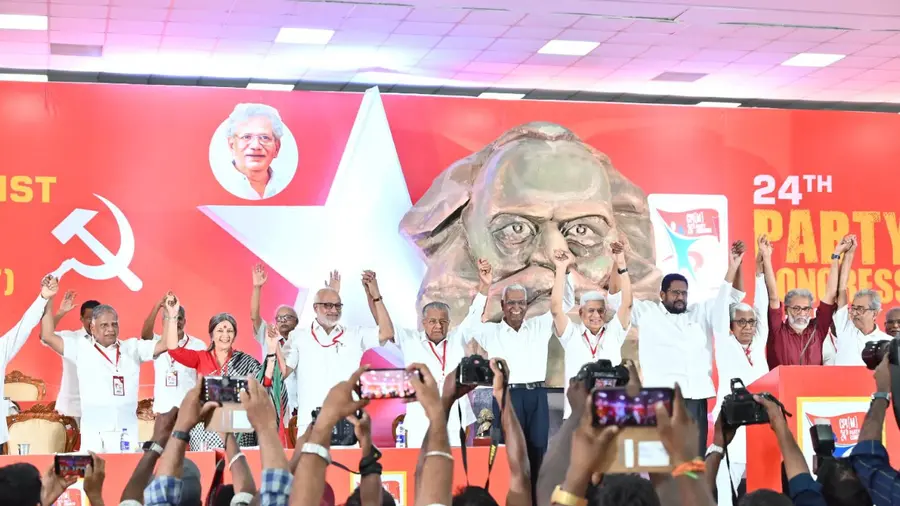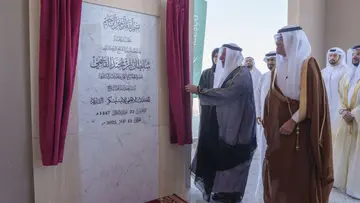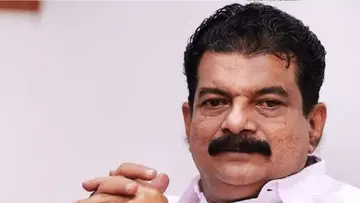CPI(M) Demands Withdrawal of Waqf Amendment Act, Calls It Assault on Minority Rights and Secularism


Web desk
Published on Apr 05, 2025, 11:53 AM | 3 min read
Madurai: At the 24th Congress of the Communist Party of India (Marxist) held in Madurai, the party adopted a resolution demanding the immediate withdrawal of the Waqf (Amendment) Act, 2025, recently passed in Parliament. The CPI(M) condemned the legislation as an assault on the Constitution and the rights of minorities, urging all secular individuals and organizations to oppose the Act, which they believe will increase communal polarization and damage the secular fabric of the nation.
The resolution stated that the earlier Waqf Act was a legal framework meant to govern Waqf properties (Islamic endowments), ensuring their proper administration, protection, and utilization for religious and charitable purposes. It provided guidelines to prevent misuse and unauthorized sale. However, the amended Act introduces major changes that, according to the CPI(M), undermine the core principles of the original law. The BJP government is using this amendment to advance its Hindutva agenda, alleging that the earlier Act allowed Muslims to capture land illegally.
One of the most contentious aspects highlighted was the inclusion of non-Muslims in Waqf Boards, despite Islamic teachings that prohibit non-Muslims from managing Waqf properties. This was described as a direct infringement on Muslims’ constitutional right to freely practice their religion. Additionally, the new law requires Muslims to prove adherence to their religion for at least five years before participating in Waqf-related activities, a provision the party says could lead to harassment and exclusion from contributing to Waqf properties. The resolution also criticised the fact that the amendment removes the possibility for non-Muslims—who have historically contributed to mosques and Islamic institutions—as a gesture of fraternity, to continue doing so.
The CPI(M) also took strong exception to the abolition of Section 40 of the original Act, which previously allowed the Waqf Board to determine the nature of Waqf properties, including those declared by deed, oral declaration, usage, or government grant. Its removal, the party said, makes orally declared or long-used Waqf properties vulnerable to government appropriation. States with large Waqf assets—such as Uttar Pradesh, West Bengal, Andhra Pradesh, Karnataka, and Kerala—are especially at risk.
The resolution also criticised the transfer of authority from the Survey Commissioner to government-appointed revenue officials to determine the status of Waqf properties, saying this could lead to the seizure of places of worship, educational institutions, healthcare centers, and vocational training facilities. The requirement for mass registration of Waqf properties, particularly those built through long-standing usage, was cited as another step in the government’s broader agenda to claim these assets.
The party further opposed the stripping of powers from the Waqf Tribunal, viewing it as a deliberate attempt to disconnect the Waqf Board from the communities it serves. Drawing a parallel with the Citizenship Amendment Act (CAA), the CPI(M) warned that the Waqf Amendment Act is part of a larger effort to erode the rights of Muslims in India.
The CPI(M) called on all secular and democratic-minded citizens to come together and demand the withdrawal of the Waqf Amendment Act to protect the country’s secular and democratic character.










0 comments